Our skin is the largest organ in our body, constantly exposed to various environmental factors that can cause damage to its delicate surface.
Because of this, skincare is an integral part of any healthy routine, and using jojoba oil is one of the best ways to keep your skin looking and feeling its best.
Whether you have oily, combination, or dry skin, pure jojoba oil has various benefits that can help nourish, moisturize and protect your skin.
This article will look into how to use jojoba oil for the skin in different ways, how it improves your skin’s health, and what side effects you may need to be aware of.
If you’re interested in learning how to use jojoba oil for healthy, glowing skin, keep reading!
What Is Jojoba Oil?
Jojoba oil is a natural oil that is derived from the jojoba plant. The jojoba plant is a native of North America, and Native Americans have used the oil for centuries. It is composed of fatty acids, including eicosenoic acid, which is thought to have anti-inflammatory properties.
Jojoba oil is also known for its ability to mimic the natural oils produced by the skin, which are sebum. As a result, jojoba oil is often used as a natural alternative to other oils, such as mineral oil or petroleum jelly.
This wonder oil can be found in various cosmetic products, including lotions, shampoos, and conditioners. It can also be used as a carrier oil for essential oils. When used topically, jojoba oil can help to moisturize the skin and lips and control oily skin. Jojoba oil is also non-comedogenic, meaning it will not clog pores.
6 Benefits of Jojoba Oil That Your Skin Will Love
Jojoba oil benefits are numerous, and the oil can be used in several ways for healthier, more radiant skin. Some of the critical benefits of jojoba oil include the following:
1. Hydration and moisturization
Harsh environmental factors, such as UV radiation or extreme temperatures, can disrupt oil production. As a result, the skin can become dry and itchy, especially during the winter months.
Jojoba oil has a lightweight texture that makes it quickly absorbed into the skin, helping to keep it nourished and moisturized throughout the day. Applying even a few drops of jojoba oil onto your skin can help to keep it hydrated and soft.
2. Anti-aging properties
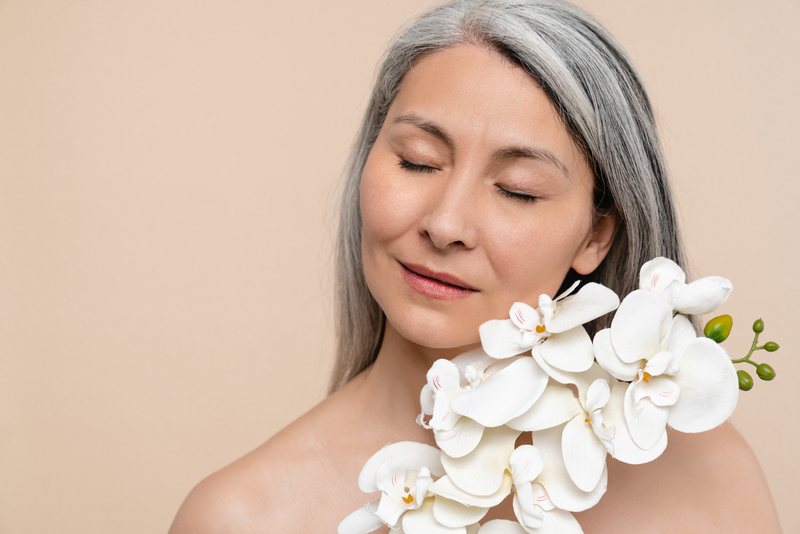
As we age, our skin begins to lose its elasticity and firmness, making us look older than we feel. Since our skin’s natural oil production declines as we age, we must use a hydrating moisturizer with anti-aging properties.
Jojoba oil is rich in antioxidants, which help to slow the signs of aging by protecting your skin from harmful free radicals. The fatty acids in jojoba oil also support collagen production and provide deep hydration, helping reduce fine lines and wrinkles.
3. Kills bacteria
Our skin is constantly exposed to various microorganisms that can cause problems such as acne or dermatitis. Jojoba oil has antibacterial and anti-fungal properties that help prevent the growth of bacteria and fungi on the skin, keeping it healthy and clear.
Iodine is present in jojoba oil at a level believed to be enough to prevent bacterial and fungal growth. Its wound-healing properties can also help speed up the healing of cuts, burns, and abrasions.
In fact, people with acne-prone skin can also use jojoba oil to help reduce the appearance of acne and balance their skin’s sebum production.
4. Soothes The Skin

If your skin is feeling itchy, irritated, or red from sunburns, jojoba oil can help soothe the discomfort.
Its anti-inflammatory properties can help reduce swelling and irritation, providing immediate relief for conditions like eczema or dermatitis.
Vitamin E, also present in jojoba oil, can help calm itchy skin while also helping to fade scars and reduce signs of hyperpigmentation.
5. Glows The Complexion
One of the best uses for jojoba oil is its ability to give your skin a healthy, radiant glow. Its lightweight texture makes it easy to apply and helps seal in moisture, so your skin stays glowing all day long.
Jojoba oil can also help reduce the appearance of pores, giving your skin a smoother and more refined appearance. Applying jojoba oil even for a few minutes can give your skin a natural, healthy glow.
6. Aids The Hair and Scalp
Jojoba oil is also helpful in improving the health of your hair and scalp, which can be prone to problems like dandruff or dry scalp. Jojoba oil’s vitamins and fatty acids can help nourish and strengthen your skin and roots, promoting a healthier scalp and reducing hair loss.
Like coconut oil, this miracle oil can also be used as a natural hair conditioner and styling agent. Apply a few drops of jojoba oil to your scalp after washing, or use it in place of your regular hair products.
How to Incorporate Jojoba Oil Into Your Skincare Routine
Since jojoba is a versatile oil that can be used in several different ways, how you incorporate it into your skincare routine will depend on the condition of your skin.
Below are a few tips on using jojoba oil in your daily routine:
1. Add a Few Drops to Your Moisturizer
Organic jojoba oil can be added to your regular moisturizer, helping keep your skin hydrated throughout the day. Add a few drops of jojoba oil to your favorite cream or lotion and rub it into your skin after cleansing.
Make sure to use it as a final step in your skincare routine since it is a bit heavier than other oils and may not be absorbed easily by your skin if applied before a serum or another product.
2. Use As A Lip Balm
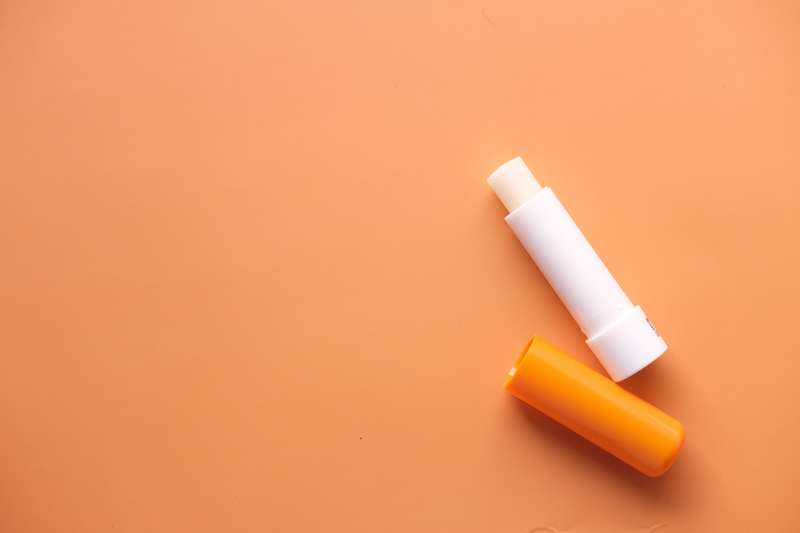
Whether you have a store-bought one or cold-pressed jojoba oil, this ingredient can help keep your lips soft and smooth. Massage it to your lips daily before going out in the sun or after exfoliating.
This will help keep your lips moisturized, protecting them from drying out and cracking. Jojoba oil can also help soothe chapped lips, providing relief for conditions like cold sores or fever blisters.
3. Apply it to Your Cuticles and Nails
Using jojoba oil on your nails and cuticles is another excellent way to incorporate this natural oil into your skincare routine. Since it’s rich in essential fatty acids and anti-inflammatory properties, jojoba oil can help treat nail or cuticle conditions like fungal infections or dryness.
Rub a few drops of the oil into your nails and cuticles a few times per week for softer and healthier nails.
4. Massage When You Have Eczema and Psoriasis
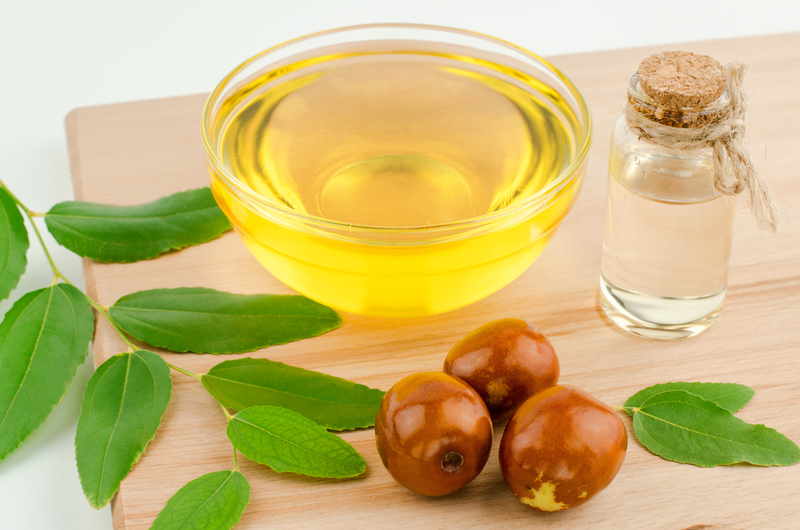
If you suffer from any of these skin conditions, jojoba oil can also provide relief. Its anti-inflammatory and antibacterial properties can help soothe irritated and inflamed skin, reducing redness, pain, and itching.
To use jojoba oil for these conditions, massage a few drops into the affected area daily for the best results.
Those with sensitive skin will also love how gentle jojoba oil is on the skin since it mimics the natural sebum our skin produces.
5. Use As A Makeup Remover
Another great use of jojoba oil is to remove makeup and dirt from your skin. Since it’s non-comedogenic, it won’t clog your pores or cause breakouts like other oils and traditional cleansers can.
Massage jojoba oil into your face using circular motions before washing it off with a gentle, non-irritating cleanser. With its moisturizing and anti-inflammatory properties, this oil is excellent for all skin types and can remove heavy makeup or cleanse your face at the end of the day.
Final Thoughts
If you’re looking for an all-natural way to improve the health and appearance of your skin, jojoba oil may be a good option. This oil is versatile enough to treat a variety of skin conditions, and it’s gentle enough for daily use.
So if you’re ready to ditch the harsh chemicals and experience the healing power of nature, give jojoba oil a try! Have you ever used this natural ingredient to care for your skin?

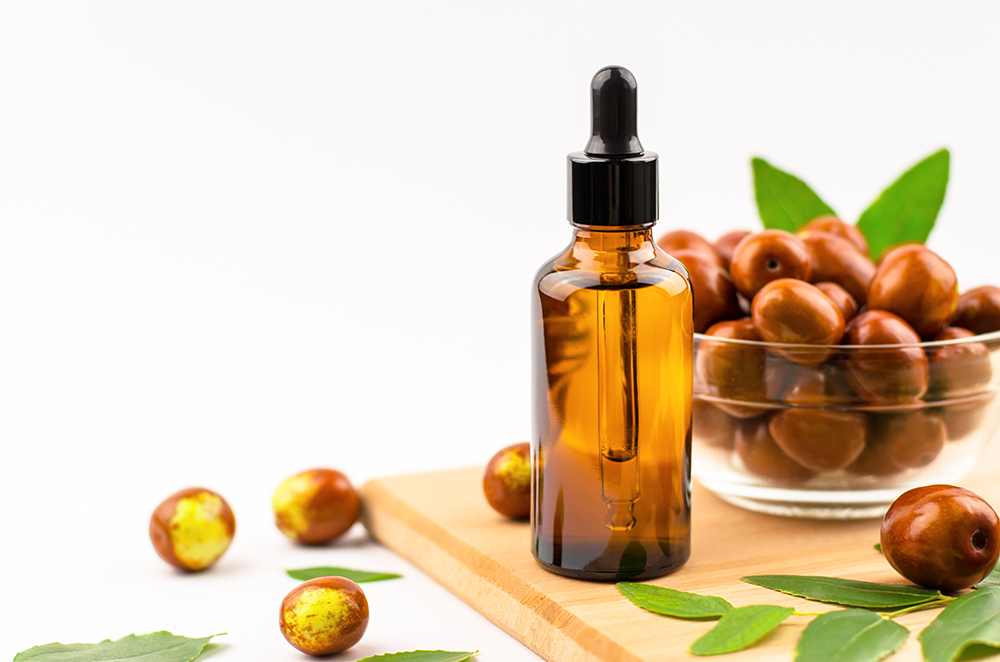

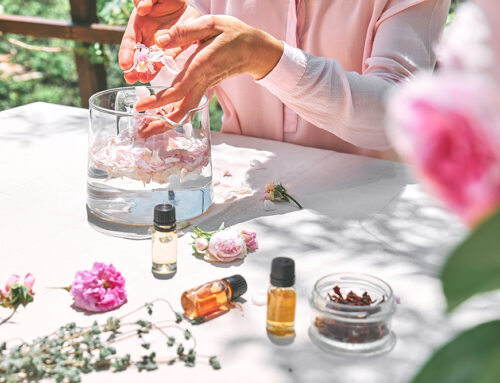
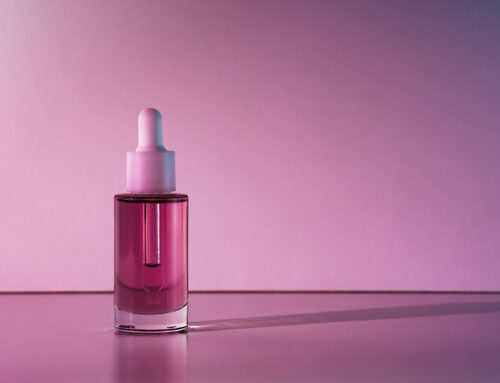
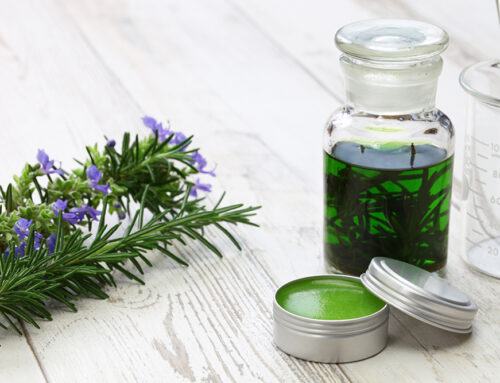
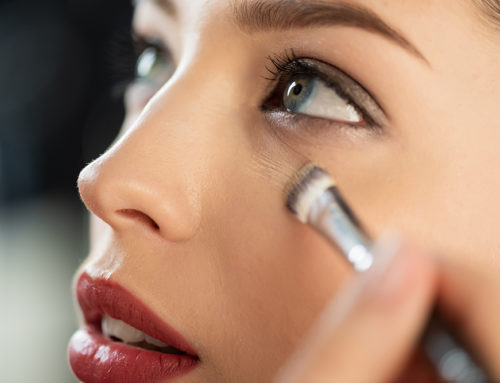
Leave A Comment